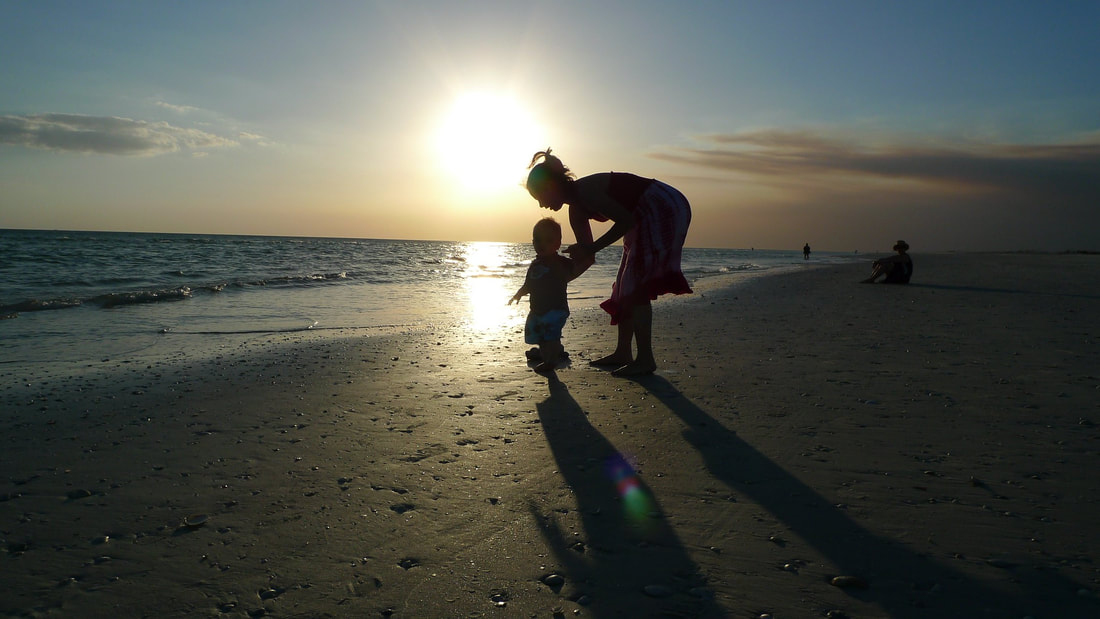|
By Roxanne Gentry, Marketing Associate It was 2019 when Mrs. Norman* received a call from a police officer in Nebraska. “Mrs. Norman, we’re going to close your son’s case,” he said. She was instantly on alert. When your adult son has been missing for five years, it’s difficult not to expect the worst. I recently spoke with "Kay" and "Jack Norman," who were generous enough to talk with me about their journey with their son, "Tom," who struggled with alcoholism and went missing in 2014. For years, they had no idea where he was. They even gave DNA samples in hopes of yielding the smallest of clues, or at least the difficult peace of closure. But the years went by without answers. Even when things seem most uncertain, the hope and love of parenthood never dies. The Normans never changed their landline. The number had been the same since before Tom was born. Whenever the phone rang, they hoped it would be him. Every year on his birthday, they would come to JOURNEYS with a donation. As far as they knew, he was homeless, and it felt like a gesture of hope and a way to help others like their son. The Nebraska police officer on the phone paused before speaking again. She remembers that pause and how filled it was with both dread and hope. “Mrs. Norman, your son has been found. Would you like to talk to him?” She did, and after they finally got to hear his voice, she and her husband couldn’t move fast enough. They went to church to give thanks before getting directly into their car to drive to Nebraska where their son had been living, they learned, under bridges. Finding their son was not, however, the end of the journey. It was just the beginning. After reuniting with his parents, Tom Norman decided to stay in Nebraska. He had a support system there, he said, and had begun attending AA meetings. Despite having his identification and many of his belongings stolen, he had odd day jobs that got him by. But then the pandemic hit. With the world shut down, the people who needed them most couldn’t access the resources and support they needed for recovery. “I learned while listening to the radio,” Mrs. Norman says, “that people battling addictions and people with mental health issues were unable to get to their meetings. So, I called my son and asked him, ‘Tom, when was the last time you went to your AA meeting?’” “They’re there if I need them, Mom,” he replied. “Just a phone call away.” He came home to Illinois for the first time in years a few months later. Unfortunately, he ended up in the hospital for four days. When he arrived at his parents’ home, he was sweating, throwing up, and had no appetite. They realized, eventually, that he had consumed quite a bit of alcohol right before coming over with the intention of abstaining for the whole visit. But that only led to what Mrs. Norman describes as “full-blown withdrawal.” Tom Norman’s story illustrates the brutal complexities of the path into and out of homelessness. The reasons that people become homeless are rarely simple, and as a result, the path out is never straightforward. "He was an Eagle Scout," Mrs. Norman tells me. "Now he's living in a halfway house in Burlington." After Tom was discharged from the hospital, the doctors – everyone, really – told him he needed to detox. But he fought it, and he fought it hard. He wanted to go back to Nebraska, but his friends there made it clear to him that he had nothing to come back to. His path could only be forward. He moved into the halfway house in November of 2021 after achieving sobriety the previous month. The hospital that treated him during his withdrawal forgave his bill. He now has a full-time job and walks four miles to and from work. It almost goes without saying when his mother says, that “He can only handle things one day at a time.” These days, he is saving money to move out of the halfway house and find a place of his own. Halfway houses are just that – half of the solution. They provide shelter and resources, but, Mrs. Norman notes, it’s a very transient way of life. People don’t stay long, and friendships don’t have time to develop. “He’s still broken in so many ways.” But last fall Tom celebrated a year of sobriety, and he’s going strong. “I said to my son that some people celebrate sobriety more than their birthday. Do you know what he said to me? He said, ‘Mom, I celebrate every day.’” His journey is far from over, but his parents are hopeful. Tom is hopeful. Of course, that hope wasn’t always so bright, especially for Tom. Many people struggling with addiction, not to mention people experiencing homelessness, are faced with chronic feelings of shame. And when hope is at a premium, it can feel like a burden. It’s necessary to move forward, but it can be difficult to cultivate and, what’s more, hope can feel like a risk when the potential for disappointment seems so real. Recently, Mrs. Norman asked her son why he never called the whole time he was missing. It wasn’t that he forgot their number, he told her. The real reason was so much more difficult to hear. “Mom, I didn’t think you would ever want to see me again.” Sometimes, when we are at our lowest point, we need someone else to take the first step into hope for us. For Mrs. Norman, that’s what it means to be a parent. “I hugged him close,” Mrs. Norman tells me, “And I said to him, ‘Banish that thought. No matter what you go through, no matter what you do, you are loved unconditionally.’” That isn’t to say that there haven’t been hiccups along the way, moments when both mother and son still struggle to understand each other’s painful experiences. Mrs. Norman admits that she can’t help but prod him about getting the help he needs and to talk to someone about how he’s feeling, whether that’s through a therapist or within the faith community she hopes he’ll one day return to. “I know I agitate him. I think it’s just part of being his mom.” It is very clear just by looking at Mrs. Norman, who has remained measured and calm over the duration of our conversation even as it has taken emotional turns, that being a parent doesn’t stop when a child turns eighteen. Mr. Norman, too, though speaking very little, has a face carved with lines that betray years of anxiety. Yet his eyes are big and bright and look hopeful, even if they are shaded by a furrowed brow of practical concern. For the Normans, faith – in God, in their son – is unshakeable, but hope is a choice they make every day. *Names and some identifying details have been changed to ensure privacy.
Author’s Note: While Tom Norman is not a JOURNEYS client, his experiences reflect those of many JOURNEYS clients. Kay and Jack Norman have been connected to JOURNEYS through the service they do with their faith community and were willing to share their story about how homelessness has touched their lives in order to shine a light on homelessness in our shared community. We at JOURNEYS thank them for their time and willingness to speak with our development team.
1 Comment
Embark on a journey where pages turn into portals and stories transcend eras. Welcome to 'A Book in Time,' where the magic of literature knows no bounds and readers are forever captivated. Step into a realm where the past, present, and future intertwine, inviting you to lose yourself in tales that endure through the ages. Join us as we explore the timeless allure of books, inviting you to rediscover the joy of reading, one page at a time.
Reply
Leave a Reply. |
MissionOur blog contains original writing on issues related to homelessness, community happenings, and unique agency stories. Archives
June 2023
Categories
All
|
|




 RSS Feed
RSS Feed

